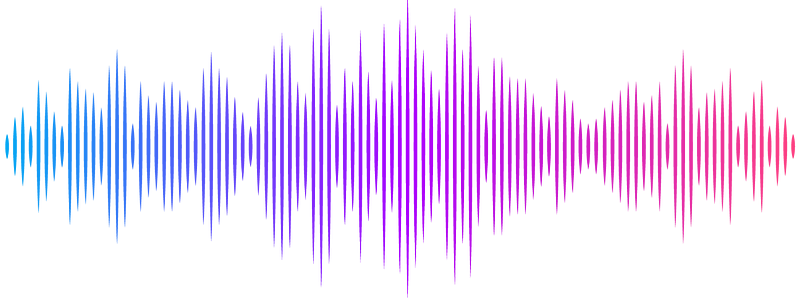Mechanistic insights and clinical implications of cross-reactive anti-prophage antibodies and bacterial heteroresistance on phage therapeutic failure

Mechanistic insights and clinical implications of cross-reactive anti-prophage antibodies and bacterial heteroresistance on phage therapeutic failure
Gordillo Altamirano, F. L.; Subedi, D.; Beiers, M.; Bucher, M. J.; Dahlman, S.; Patel, D. M.; Parker, M.; Korneev, D.; Pragastis, K.; Wisniewski, J.; Rees, C.; Ramshaw, H.; Khan, S.; Gardiner, B.; Hammerschlag, Y.; Keating, D.; Kotsimbos, T.; Hawkey, J.; Barr, J. J.; Peleg, A. Y.
AbstractPhage therapy is an exciting strategy against antimicrobial-resistant bacterial infections, but critical knowledge gaps regarding its clinical application persist. Studying a patient with a life-threatening, chronic bacterial infection who failed phage therapy, we uncovered important biological concepts with direct translational impact. Using longitudinal clinical samples, we found that patients can harbour pre-existing antibodies against active prophages induced from the genome of the causative pathogen. Notably, these antibodies can contribute to clinical failure by cross-reacting with and effectively neutralising therapeutic phage. We also uncovered bacterial heteroresistance, characterised by bacterial subpopulations from the initial infection with reduced phage susceptibility, as a further contributor to treatment failure. These findings highlight the intricate interplay between host immunology, bacterial genetic diversity and phage biology, bearing broad significance for clinical phage therapy. Future phage therapy patients, especially those with chronic infections, should be screened for antiphage immunity and bacterial heteroresistance prior to phage treatment.